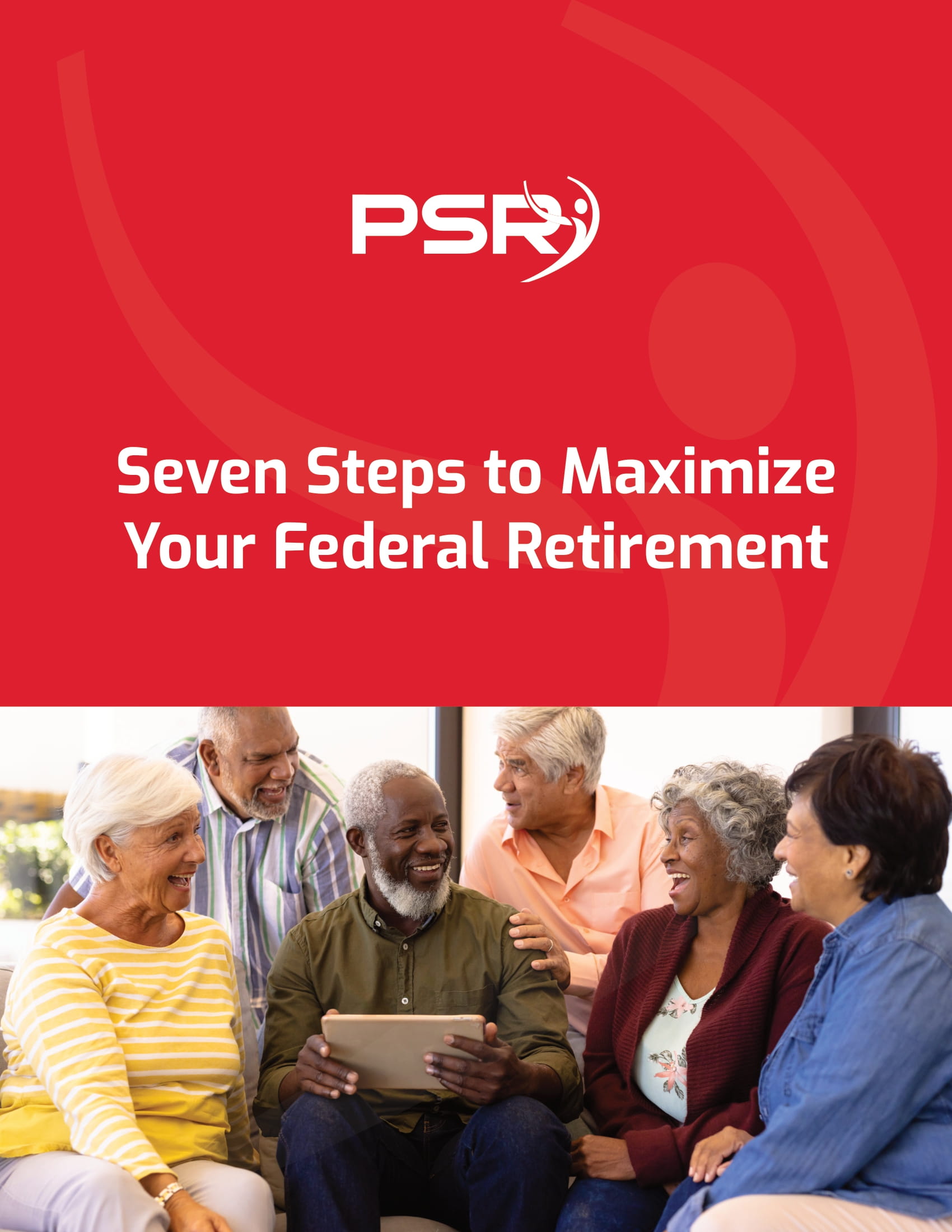Key Takeaways
-
Coordinating your FEHB plan with Medicare in 2025 requires careful planning, especially regarding when and how to enroll in Medicare Part A and Part B.
-
FEHB plans do not automatically become secondary to Medicare, and your choices about enrollment directly impact your coverage, costs, and access to care.
Why FEHB and Medicare Coordination Matters More Than You Think
- Also Read: Stretching Out Your TSP Smartly Starts with This Often Ignored Option
- Also Read: Why More CSRS Employees Are Rethinking Their Withdrawal Plans in Light of Recent Laws
- Also Read: Special Retirement Groups Face New Timelines—Don’t Miss Your Critical Retirement Window
How FEHB and Medicare Work Together
When you enroll in Medicare and retain your FEHB coverage, the two plans can complement each other, offering enhanced protection. However, the way they coordinate is based on your specific situation:
-
If you are retired and over 65: Medicare usually becomes the primary payer, and FEHB acts as secondary.
-
If you are still actively employed at 65 or older: Your FEHB remains your primary coverage, and Medicare is secondary.
Timing is crucial because once you retire, the order of payment changes, affecting how your claims are processed.
Understanding the Parts of Medicare
You must know what each part of Medicare covers before deciding how to coordinate it with FEHB:
-
Part A: Covers inpatient hospital care, skilled nursing facilities, hospice, and some home healthcare. Most retirees qualify for premium-free Part A.
-
Part B: Covers doctor visits, outpatient care, preventive services, and durable medical equipment. It requires a monthly premium.
-
Part D: Offers prescription drug coverage, but many FEHB plans already provide robust drug benefits, making Part D optional.
In 2025, the standard monthly premium for Medicare Part B is $185, and the deductible is $257.
What Happens If You Delay Medicare Enrollment
If you do not enroll in Medicare Part B when first eligible, you could face a permanent late enrollment penalty. This penalty adds 10% to your monthly Part B premium for every 12-month period you delay. Therefore, it’s critical to assess whether you need Part B once you retire, even if you have FEHB coverage.
If you are still working past 65, you can delay Part B without penalty as long as you are covered under an active employment-based FEHB plan. Once you retire, an eight-month Special Enrollment Period begins, during which you can enroll in Part B without penalty.
Should You Enroll in Medicare Part A, Part B, or Both?
-
Part A: Almost always advisable to enroll once you become eligible, as there is no premium cost for most retirees.
-
Part B: This requires deeper consideration. Some retirees find that Part B complements FEHB by reducing out-of-pocket costs like deductibles and coinsurance. Others believe that continuing with FEHB alone is sufficient.
You need to assess the additional cost against potential savings in healthcare expenses.
Impact of Not Enrolling in Part B
Choosing not to enroll in Medicare Part B while relying only on FEHB could lead to higher costs for certain services. For example:
-
Some FEHB plans may cover less if you do not have Medicare.
-
You may be responsible for higher coinsurance and copayments.
-
Certain medical providers might require Medicare to be primary and could bill you the difference if you are not enrolled.
Carefully review your FEHB plan brochure’s section on “Medicare and Coordination of Benefits” to understand the financial implications.
Prescription Drug Coverage Considerations
In 2025, many FEHB plans continue to offer excellent prescription drug coverage, often matching or exceeding the benefits provided by a standard Medicare Part D plan. Therefore, most government retirees do not need to enroll in a separate Part D plan.
However, if your FEHB plan’s drug coverage is not considered “creditable,” you could face penalties if you decide to enroll in Part D later. Fortunately, most FEHB plans are deemed creditable.
Medicare Advantage and FEHB: Not Always a Good Match
Medicare Advantage (Part C) plans are alternatives to Original Medicare, offered by private insurers. If you enroll in a Medicare Advantage plan, it may duplicate some of your FEHB benefits, and you might find yourself paying for overlapping coverage.
In most cases, sticking with Original Medicare (Parts A and B) along with FEHB is the better strategy, offering broader coverage and flexibility.
Common Mistakes When Coordinating FEHB and Medicare
-
Missing the Special Enrollment Period: After retirement, failing to enroll in Medicare Part B within eight months could trigger permanent penalties.
-
Assuming automatic coordination: Medicare and FEHB coordination requires active choices; it doesn’t happen by default.
-
Ignoring FEHB Plan Changes: FEHB plans can change cost-sharing rules once you turn 65, making Medicare enrollment more beneficial.
-
Underestimating Out-of-Pocket Costs: Without Medicare Part B, your FEHB plan might leave you responsible for substantial expenses.
-
Overpaying for Redundant Coverage: Enrolling in Medicare Advantage plans while keeping FEHB can cause unnecessary duplication.
Costs to Watch Closely in 2025
As healthcare costs continue to rise in 2025, here are some areas where proper coordination can protect your wallet:
-
Hospital Stays: Medicare Part A covers much of it, but coordination with FEHB minimizes out-of-pocket costs.
-
Specialist Visits: Part B helps reduce copayments that might otherwise be higher under FEHB alone.
-
Emergency Care: Having both FEHB and Medicare ensures you have broader protections for urgent medical needs.
-
Durable Medical Equipment: Medicare Part B coverage for items like wheelchairs and oxygen equipment can save significant costs.
Special Enrollment Rules for Spouses
If you cover a spouse under your FEHB plan, they also need to plan carefully for Medicare enrollment. Each person’s Medicare eligibility and enrollment timelines are separate. Delays can result in unexpected penalties for the spouse if not handled correctly.
If your spouse is younger than you, you may need to keep FEHB coverage active until they qualify for Medicare.
Survivor Benefits and FEHB/Medicare
If you pass away, your surviving spouse can continue FEHB coverage only if you elected survivor benefits for your pension. If they lose access to FEHB and do not have Medicare coverage lined up, they could face significant coverage gaps. Planning ahead is essential.
How to Plan for Smooth Coordination
To prepare for seamless FEHB and Medicare coordination, consider the following steps:
-
Review your FEHB plan’s Medicare coordination policies every Open Season.
-
Estimate your healthcare costs with and without Medicare Part B.
-
Enroll in Medicare Part A as soon as eligible.
-
Decide on Medicare Part B based on your anticipated healthcare needs and financial situation.
-
Consult with a licensed professional if you have questions about how your coverage will work after retirement.
Timing Tips You Can’t Ignore
-
Three months before turning 65: Start exploring your Medicare enrollment options.
-
Upon retirement (if after 65): Enroll in Medicare Part B within the eight-month Special Enrollment Period.
-
Annually during Open Season: Reassess your FEHB plan options in light of your Medicare enrollment.
Taking action early ensures you avoid coverage gaps and financial penalties.
Why Some Retirees Still Opt Out of Part B
Despite the advantages, some retirees with robust FEHB plans and minimal healthcare needs still choose not to enroll in Medicare Part B to avoid the extra premium. If you are considering this route, ensure you understand your FEHB plan’s cost-sharing rules after age 65.
Some plans cover a smaller percentage of costs for those who do not have Medicare, resulting in higher out-of-pocket expenses than you might anticipate.
What to Discuss with a Licensed Professional
Before finalizing your decisions about FEHB and Medicare, it is helpful to discuss these topics with a licensed professional:
-
Your expected healthcare needs
-
Projected costs under different scenarios
-
Whether your FEHB plan recommends enrolling in Medicare Part B
-
How your spouse’s coverage is affected
-
Survivor benefit elections and their implications
Getting tailored advice helps you avoid costly mistakes and protects your retirement security.
Protecting Your Retirement Healthcare Benefits
Making smart decisions about FEHB and Medicare coordination ensures that you protect both your health and your finances in retirement. Since the rules are not always straightforward, and your personal circumstances can change over time, revisit your choices regularly. If you have questions or need assistance, reach out to a licensed professional listed on this website for personalized advice.













